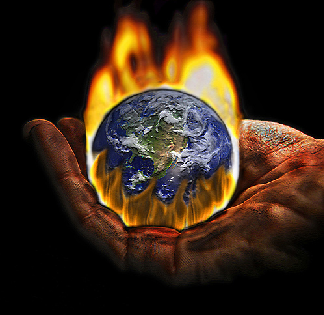NEW: RI is the Fastest-Warming State on the Continent
Monday, June 18, 2012
Rhode Island is the fastest-warming state in the continental United States, according to a report issued by Climate Central, a nonprofit research organization.
The Ocean State has warmed more than every other continental state in the past century, with an average maximum daily temperature increase of .339 degree Fahrenheit per decade, according to the study.
With so much coastline, Rhode Island is particularly affected by warming, said Independent Congressional candidate and environmental activist Abel Collins.GET THE LATEST BREAKING NEWS HERE -- SIGN UP FOR GOLOCAL FREE DAILY EBLAST
"Most of the warming we've seen has been in our oceans," he said.
Rhode Island has a relatively smaller carbon footprint, addressing climate change with efficient energy usage, Collins said. However, the state could take more cars off the road and look into the potential of renewable energy, he said.
While the Ocean State has been boiling, the nation has experienced an average temperature increase of 1.3 degrees Fahrenheit over the past 100 years. The top 10 fastest-warming states have been heating up 60 times faster than the 10 slowest-warming states, though it should be noted that 21 state temperature trends were not significant and three states even cooled off.
Then again, the study also found that all states experienced rising temperature trends in the past 42 years, coinciding "with the time when the effect of greenhouse gas pollution started to overwhelm the other natural and human influences on climate at the global and continental scales."
Based on state data since 1970, Rhode Island falls into a more tolerable 15th place for average maximum daily temperature increase. New Mexico, Arizona, and Utah hold a scorching lead, while New Jersey managed to make 4th place.
Rhode Island will see dramatic temperature and sea level rises, Collins said, adding that another problem is ocean acidification, which poses a threat to the ecosystem. The more carbon that is in the atmosphere, the more acidic the ocean will become, he said.
"We need other places in the country to take the same steps that we're taking," he said.



